Interest rate cut will help households and pave the way for federal election
A highly anticipated cash rate decision is poised to bring both relief to Australian households and spur Anthony Albanese to officially launch his bid to remain Prime Minister.
National
Don't miss out on the headlines from National. Followed categories will be added to My News.
A highly anticipated cash rate decision is poised to bring both relief to Australian households and spur Anthony Albanese to officially launch his bid to remain Prime Minister.
Expectations are mounting Mr Albanese will call the federal election within weeks as the nation basks in the afterglow of a desperately needed interest rate cut, which is now widely tipped to be announced by the Reserve Bank today.
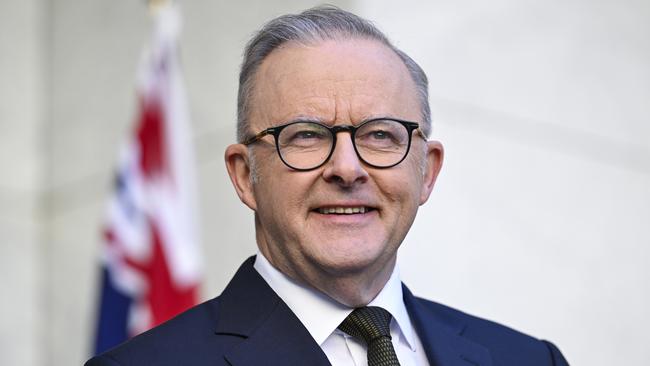
Money markets are predicting an 87 per cent chance of a 25 basis point decrease that would bring the cash rate down to 4.1 per cent, saving an Australian with the average home loan of $641,416 about $103 a month.
As Labor played down the likely impact of a the Reserve Bank’s announcement on the timing of the election, the Coalition warned a single rate cut was not an “endorsement” of the federal government’s economic policies as cost of living remained significantly higher than three years ago.
The election must be held by May 17, though Labor and Coalition operatives gearing up their respective campaign machines have earmarked either April 5 or 12 as likely early dates should the government decide not to hand down a federal budget in March.
If the RBA opts to keep rates on hold in February, Labor would have one chance of a mid-campaign cut when the board next meets on April 1.
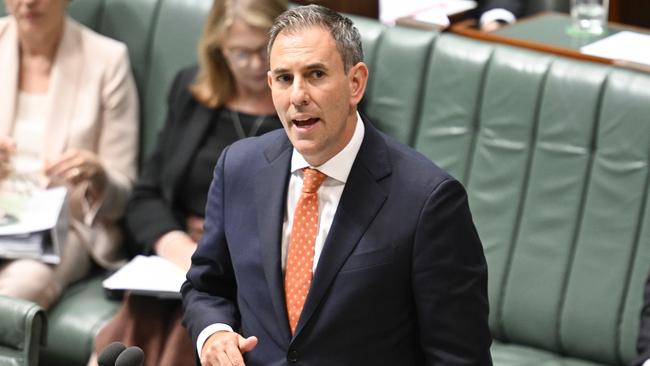
How RBA decision factors into election
Treasurer Jim Chalmers said no matter the RBA’s decision today, Labor’s focus would “continue to be the cost of living”.
“In the almost three years that we’ve been in office, we’ve been able to get inflation down substantially, wages up and keep unemployment low and that is our focus,” he said.
“The independent Reserve Bank has its own job to do.”
Mr Chalmers said Labor also took no outcome in the election “for granted” acknowledging the looming contest would be “really tight”.
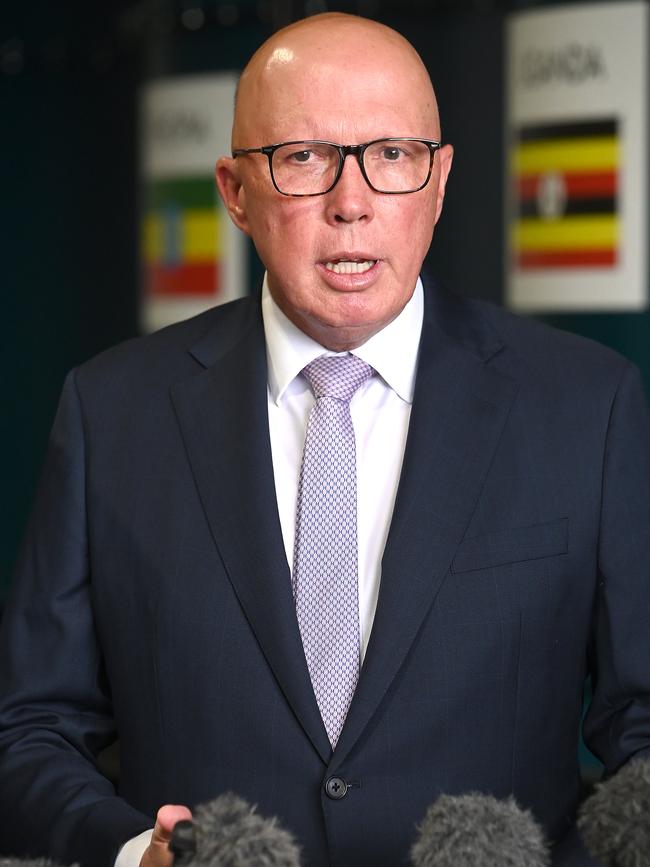
Opposition leader Peter Dutton said it would be “fantastic” for Australians to get a rate cut, but argued the cost of other goods and services all remained high.
Asked if a cut would be an “endorsement” of Labor’s economic policies, Mr Dutton said: “no”.
“It’s, as I say, not just your mortgage rates, but it’s the price of groceries and it’s the price of electricity, and the price of gas,” he said. “All of them are up by Mr Albanese.”
Inside Labor’s election HQ, sources have repeatedly emphasised a February rate cut would “not change anything” in terms of the party’s campaign plans.
One ALP figure said the party was being careful not to “over-estimate” the impact of a rate cut on voting intentions, a view echoed by Liberal strategists who aren’t expecting Australians to “thank” Mr Albanese when broader cost of living pressures remain.
At 2.4 per cent as of the December quarter, headline inflation is now comfortably within the RBA’s target range of two to three per cent for a rate cut, while the underlying figure — a preferred measure of the board — has also trended down to now 3.2 per cent.
In light of these results a majority of economists are expecting a cut to be announced on Tuesday, with only a few pointing to the persistently strong labour market — unemployment is at just four per cent — and some global uncertainty as reasons for why the RBA could delay such a decision.
Economist makes case for 0.35 per cent rate cut
But Betashare chief economist David Bassanese has argued the RBA should cut beyond the market’s expectations and reduce rates by 0.35 per cent to 4.0 per cent.
He said an oversized cut was an appropriate reward for Australians for the lower inflation results in return for fewer reductions going forward.
“The RBA could follow up this generous rate cut by playing down the prospect of another cut anytime soon,” he said.
Finance Brokers Association of Australian managing director Peter White said a cut “sooner rather than later” would be a huge confidence boost for property owners and renters, but added he would not be surprised if the RBA held again.
Mr White said CoreData research commissioned by the FBAA found 39 per cent of people with loans were showing signs of potential mortgage stress, meaning more than 30 per cent of the income was allocated to repayments.
“The clear message from this research is that people are crying out for help and support in the area of government and regulatory policies,” he said.
“They don’t want handouts, but they do want policies that make it easier for them (to own a home), not harder.”
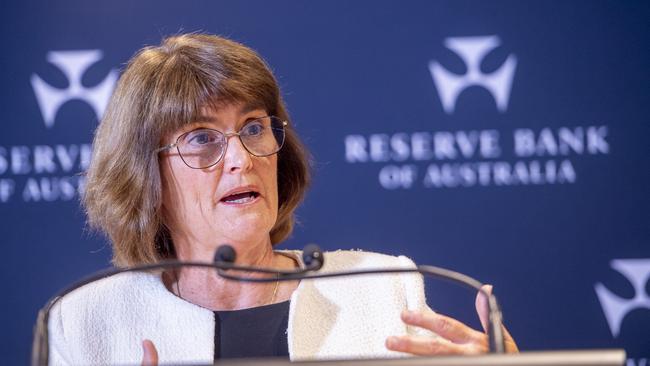
RBA in poll position on favourability
Australians have a more favourable view of the Reserve Bank than they do of either Anthony Albanese or Peter Dutton, as voters show no signs of rewarding Labor for the falling inflation that has paved the way for an interest cut.
As mortgagors anxiously await the RBA’s cash rate decision due Tuesday — widely tipped by money markets to be a cut of 25 basis points to 4.10 per cent — a new survey shows the central bank has fared considerably better than the Prime Minister and Opposition leader in the opinion of most Australians.
Though the RBA still had a net negative rating of -3 per cent, its favourability was much better than Mr Albanese’s -16 per cent, and Mr Dutton’s -11 per cent, the Redbridge poll commissioned by News Corp has found.
Household budget pressures have hurt the Albanese Government, with 55 per cent of voters rating Labor as poor or very poor on its performance on cost of living, and 60 per cent marking them down on housing.
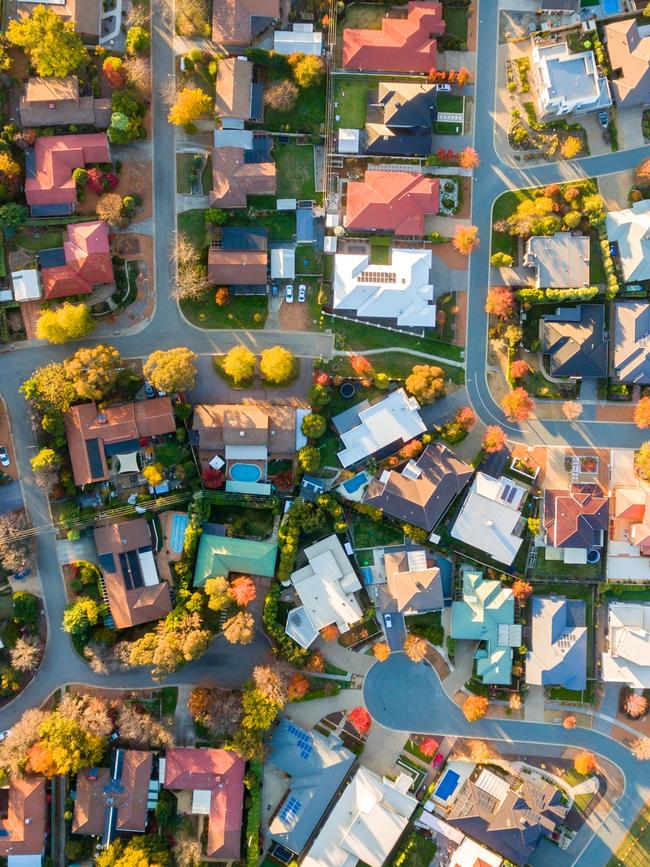
Inflation has dropped from its peak of 7.8 per cent in 2022 to 2.4 per cent as of December last year, but voters are not thanking the government, with the poll showing the Coalition leading Labor 52-48 on two party preferred.
Yet three years after the Reserve Bank was widely panned for having to back track on advice that rates would not be moving and instead begin a rapid cycle of hikes to combat soaring inflation, Governor Michele Bullock has significantly clawed back public opinion.
RBA’s favourability differs significantly between age groups, with Australians 65 and older viewing the institution with a net positive of 18 per cent, compared to those aged 35 to 49 with a net disapproval of -24 per cent.
Voters say minority government will be ‘bad’ for economy
The survey conducted earlier this month also found 49 per cent Australians fear a minority government would be bad for them personally and the economy, compared to only 20 per cent who disagree, with 31 per cent unsure.
Concern about a minor government was held even by a large number of people who said they intended to vote for the Greens, other parties or independent candidates.
About 23 per cent of people who plan to support a minor candidate “strongly agreed” and a further 44 per cent “agreed” with the statement “it will be bad for Australia’s economy and bad for people like me” if either the Coalition or Labor did not win enough seats to govern outright.
More Coverage
Originally published as Interest rate cut will help households and pave the way for federal election




